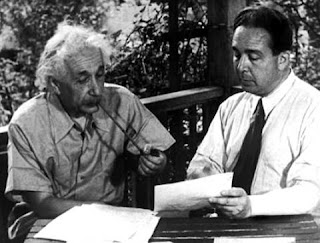Photo license: CC BY-SA 3.0
What is a feeling? I have two definitions:
1. A feeling is an unclear reason
I believe that intuition is based on feeling. For example, imagine that you're filling out a lotto ticket and you have a feeling that the winning numbers are 31, 44, 21, 8, 19, 12. Although you don't have a clear reason, you have an overwhelming feeling these will be the winning numbers. If you choose these numbers, you are following your intuition.
Another example, imagine that you look at tomorrow's weather forecast and the forecast says it will be sunny. On the contrary, you have a feeling that it will rain. You do not have a clear reason to believe this, but something in your mind tells you that it will rain. In this regard, your intuition is telling you something against the evidence.
2. A feeling is an emotional response
The second definition of feeling has to do with emotion. For example, imagine that you sign a million dollar contract. In this situation, you would probably have a good feeling while signing contract. This is a feeling because your emotion is responding an event.
What is a feeling? I have two definitions:
1. A feeling is an unclear reason
2. A feeling is an emotional responseThe rest of this post is an explanation of each definition.
1. A feeling is an unclear reason
I believe that intuition is based on feeling. For example, imagine that you're filling out a lotto ticket and you have a feeling that the winning numbers are 31, 44, 21, 8, 19, 12. Although you don't have a clear reason, you have an overwhelming feeling these will be the winning numbers. If you choose these numbers, you are following your intuition.
Another example, imagine that you look at tomorrow's weather forecast and the forecast says it will be sunny. On the contrary, you have a feeling that it will rain. You do not have a clear reason to believe this, but something in your mind tells you that it will rain. In this regard, your intuition is telling you something against the evidence.
2. A feeling is an emotional response
The second definition of feeling has to do with emotion. For example, imagine that you sign a million dollar contract. In this situation, you would probably have a good feeling while signing contract. This is a feeling because your emotion is responding an event.
License: CC BY-SA 4.0










































